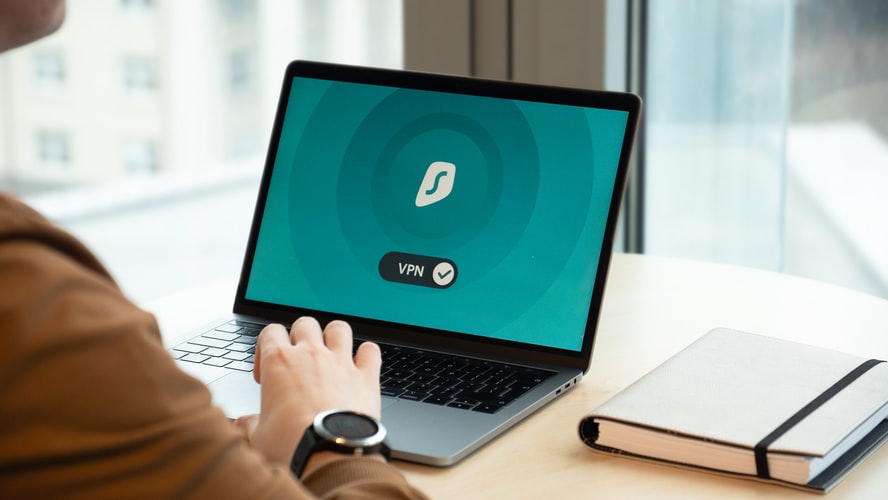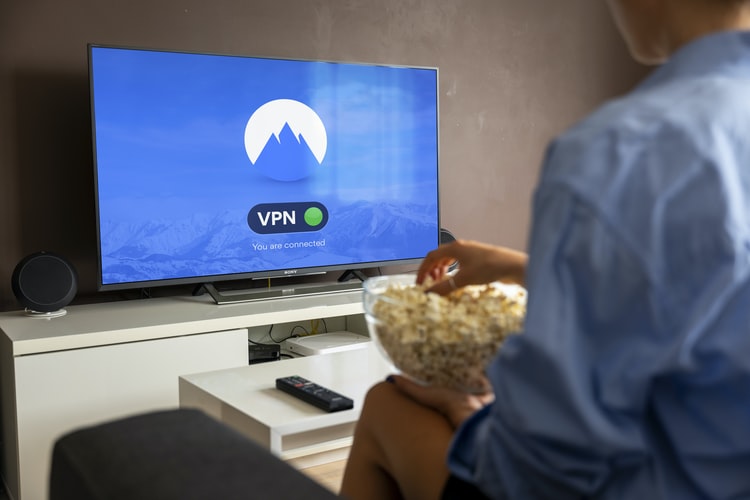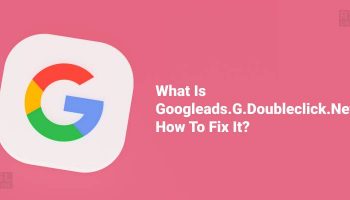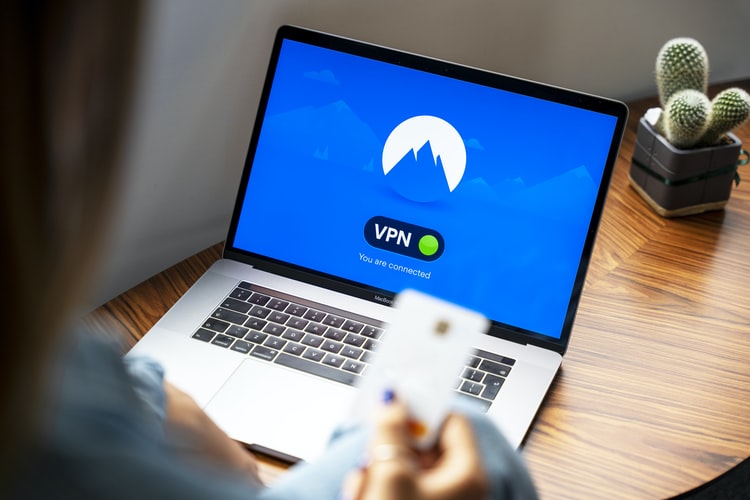Web scraping is a process by which companies can extract valuable data and information from third-party websites. A web scraper is a tool that automates collecting data, making it faster and easier to complete.
If the data were to be collected manually, it would be a lengthy and daunting process. A web scraping software works fast and starts web scraping by sending requests to websites from which we want to collect data and information.
Later on, the software reads and translates the HTML code from the target website and sends it back to the user. Web scraping during the pandemic is a challenge for numerous teams of professionals, companies, and developers because it has to be done remotely.
In line with this, new and secure methods for web scraping came into practice. We’ll discuss what web scraping is in greater detail further in the text and how proxies play a crucial role in secure, safe, and easier web scraping.
What is actually scraping?

Web scraping is essential for competitor analysis, real estate, market research, lead generation, and more. Many businesses and companies need to collect data from third-party websites daily to excel in, for example, machine learning, public relations, sales, marketing, etc.
As we’ve already mentioned in the introduction, web scraping is a procedure that extracts huge chunks of data from third-party websites. The extracted data then gets sent back to the computer that initiated web scraping and can be saved in a local file.
Instead of doing this copy-paste task manually (which would take ages), web scraping is the most useful tool which allows the automation of this procedure. Therefore, web scraping software is what can speed up this gathering of data.
The main issue with third-party websites that you wish to collect data from is that most view-only websites block the option to copy data from them. Moreover, most of these websites use geo-blockages that disable particular users from entering them based on location.
That’s where we have to tackle the notion of proxies and their role in web scraping.
How do proxies fit in?
A proxy service, for example, services you can find when browsing “proxy Australia,” are what can successfully mask your IP address when you delve into web scraping. The reasons for hiding your IP in this process are numerous. Find out how to avoid IP bans while web scraping using “proxy Australia”.
To begin with, a proxy, by masking your IP, will allow you to visit third-party websites freely, without the website blocking you. Web scraping is the process of gathering significant amounts of data fast, and proxies and their role in masking and securing your IP play a critical role.
With the appropriate proxy service or an authorized VPN, you can go around the geo-blockage many websites pursue due to location limitations. Going around geo-blocks with a proxy will enable you to scrape data from any location and even pursue multiple purchase requests.
Main benefits of proxies for scraping

Other than being essential for masking your IP address and evading geo-blockages from third-party websites, proxies have numerous other benefits when it comes to web scraping. Whether you try to find proxy Australia, proxy UK, or Proxy US is irrelevant – they all have the same benefits.
Since larger companies mostly do web scraping, here’s what proxies also enable them to achieve:
- Proxies improve bandwidth savings and speed in the web scraping process – a proxy server compresses all traffic that comes in and out of a company’s server. By compressing it, the process is completed faster while more bandwidth gets saved on the company’s network;
- Proxies control how employees use the company’s network – a network administrator in your company can always control which sites each user can scrape data from and which particular devices can access the network in your company;
- To balance traffic flow in the web scraping process – large chunks of gathered data can sometimes cause your company’s server to crash. Proxies cloud your data, enabling your network to harbor and balance the flow of traffic;
- Proxies improve the security of web scraping – a proxy acts as an intermediary wall of protection between your company’s server and all other servers of outside traffic. Spies and hackers won’t be able to access your network if you have a proxy;
- Proxies allow you to carry out tasks anonymously – by masking your IP, not only do proxies go around geo-blocks, but websites you visit to scrape data from won’t be able to tell who you are as they can’t see your IP.
Risks of web scraping without proxies
The main risks of carrying out a web scraping procedure without a proxy are the following:
- Websites you scrape data from can see your IP;
- You won’t have a wall of protection between your server and outside traffic, making it easy for someone to hack your server;
- You won’t have something to balance and compress your traffic, and your server could crash;
- You won’t be able to control which devices enter your network.
Conclusion
We hope you now understand the essence of proxies, why they are crucial for secure web scraping, and why every major company should consider investing in one. Proxies can greatly aid any web scraping task by making it safe, anonymous, and fast.
Before you implement one, make sure you do your homework to find a reliable proxy service.
Read Also:




























